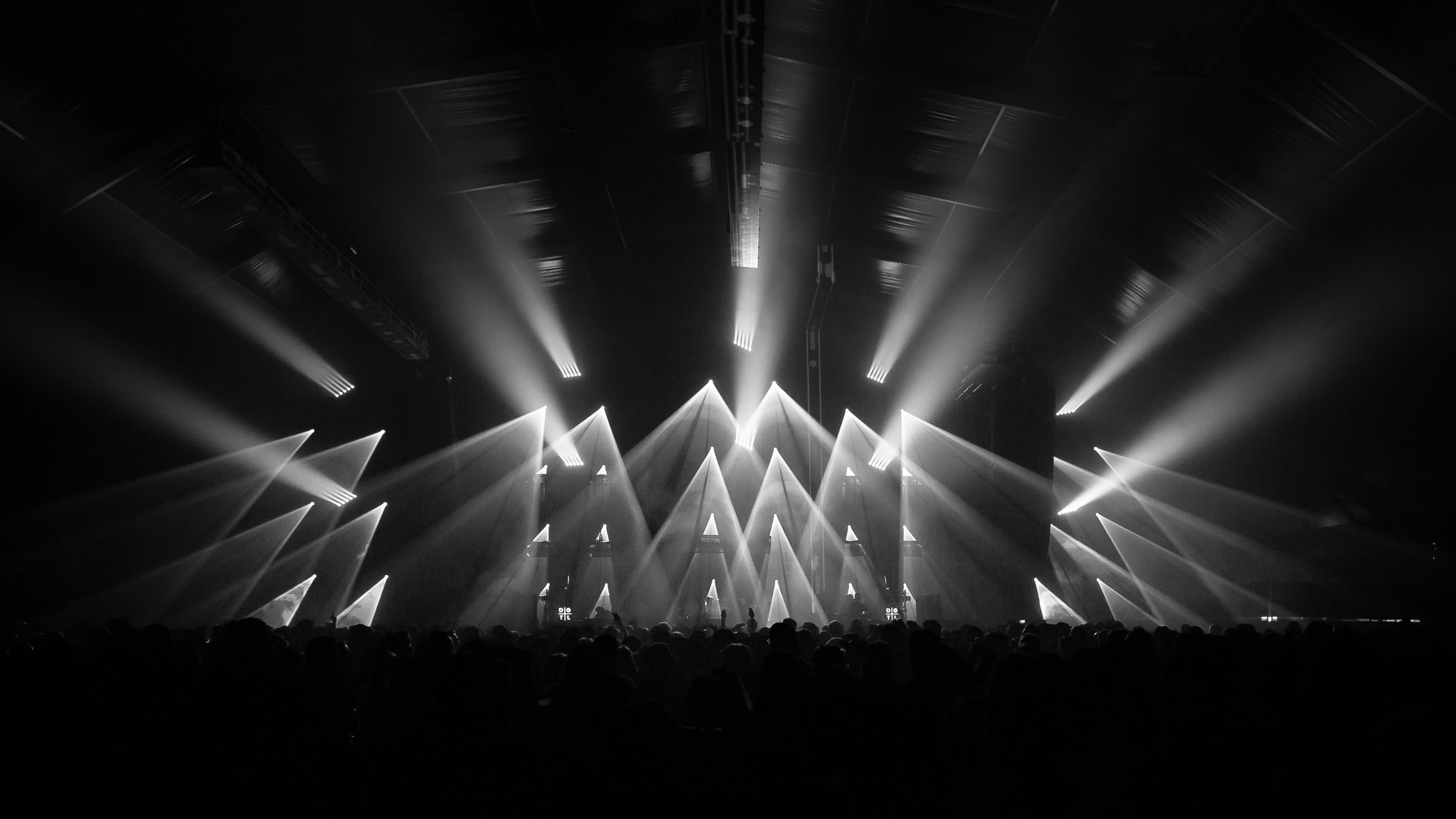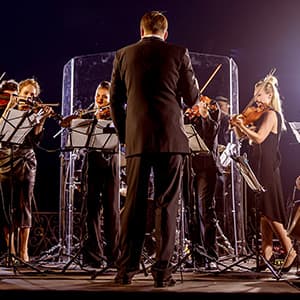

Masaaki Suzuki Tickets
Up to 30% Off Compared to Competitors.
Location: Select Location (e.g, New York)
Events Nearby
We're Sorry. There are currently no events near you.
About Masaaki Suzuki
As of 2023, Masaaki Suzuki continues to captivate audiences through various live concerts around the world. His recent schedule includes performances in both traditional concert halls and more intimate venues, showcasing his versatility and commitment to bringing baroque and early music to new audiences. In addition to performances with the Bach Collegium Japan, Suzuki collaborates with leading orchestras and choirs, often favoring works by J.S. Bach and contemporaries. The current season has seen him conduct series devoted to major oratorios and cantatas, gaining attention for their freshness and emotional depth. In particular, his concerts feature reinterpretations that resonate with contemporary listeners while staying true to historical performance practices. Furthermore, Suzuki is actively engaged in educational initiatives, including workshops and masterclasses, sharing his expertise with aspiring musicians. His dedication to teaching and performing ensures that both the traditions of baroque music and the relevance of live classical concerts remain vibrant in today's musical landscape. Fans and new listeners alike eagerly anticipate his upcoming performances, reflecting the ongoing interest in Suzuki’s interpretations of classical music.
Masaaki Suzuki History
Masaaki Suzuki, a distinguished Japanese conductor and keyboardist, was born on October 9, 1954, in Nagoya, Japan. Renowned for his mastery of baroque music, Suzuki's career took flight in the late 20th century. He founded the Bach Collegium Japan in 1990, which has since gained international acclaim for its authentic performances of J.S. Bach's works. Suzuki's early training at the Tokyo National University of Fine Arts and Music, complemented by studies in the Netherlands with renowned figures such as Gustav Leonhardt, played a crucial role in shaping his musical style. Over the decades, he has become a leading figure in the world of early music and baroque performance practice, often blending traditional Japanese influences with Western classical music, creating a unique and compelling sound. His concert performances, characterized by a deep understanding of both the music and the historical context, have enchanted audiences globally, leading to numerous recordings that have received critical acclaim. Notably, he has conducted prestigious ensembles and symphonies worldwide, solidifying his reputation as a pivotal figure in classical music.
